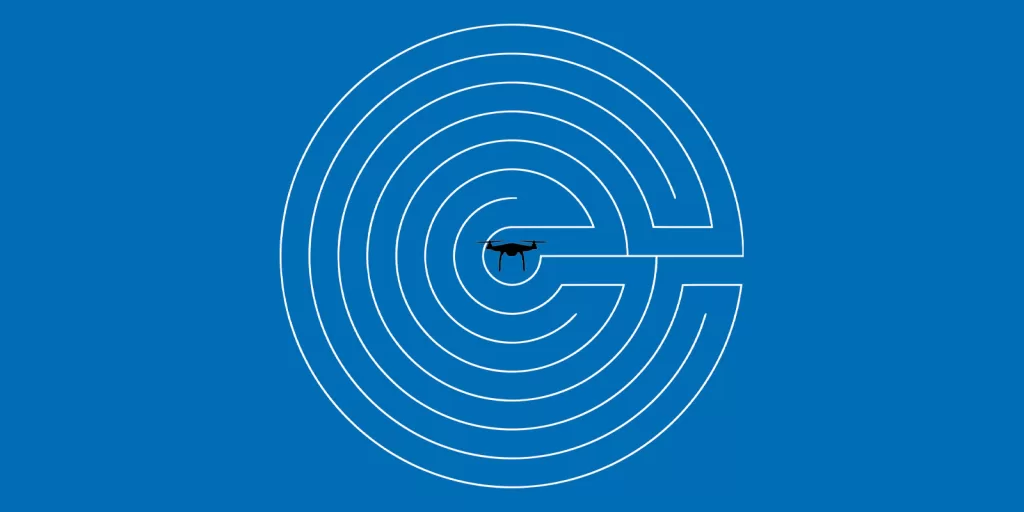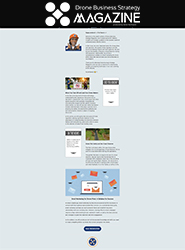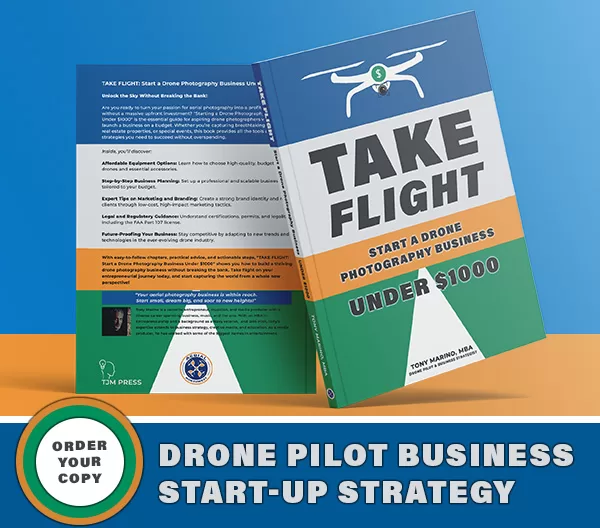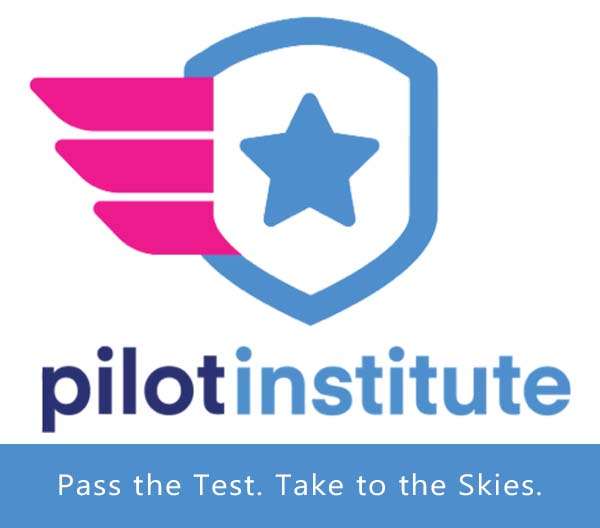
Welcome to Drone Business Strategy Magazine’s strategy guide to understanding FAA Part 107 waivers and authorizations for commercial drone flyers. As a drone pilot, delving into the realm of waivers and authorizations can seem like traversing a complex labyrinth. Fear not, for we are here to help demystify the process and provide clarity on the intricacies involved.
Why FAA Part 107 Waivers and Authorizations Matter
The Federal Aviation Administration (FAA) instituted Part 107 regulations to govern the safe operation of small unmanned aircraft systems (sUAS) in the National Airspace System (NAS). However, recognizing the diverse operational needs of drone pilots, the FAA introduced waivers and authorizations to accommodate unique circumstances that fall outside standard regulations.
Differentiating Waivers and Authorizations
Waivers and authorizations serve as gateways to unlocking specialized drone operations within the NAS. While waivers involve seeking exemption from specific regulations outlined in Part 107, authorizations grant permission for operations in restricted airspace or under certain conditions. Understanding the distinctions between these two mechanisms is crucial for navigating the regulatory landscape effectively.
Key Regulations Eligible for Waivers
The FAA has delineated specific regulations under Part 107 that are eligible for waivers. These include:
- Operation from a moving vehicle, boat, or aircraft.
- Anti-collision light requirements for night operations.
- Beyond visual line of sight (BVLOS) aircraft operation.
- Operation over people.
- Operation in certain airspace, such as Class B, C, D, or E2 airspace.
- Operating limitations for small unmanned aircraft, including altitude and ground speed restrictions.
The Authorization Landscape
In addition to waivers, certain regulations within Part 107 are authorizable, allowing pilots to obtain permissions for specialized operations. These authorizable regulations include:
- Operation in certain airspace associated with airports.
- Remote identification requirements.
- Alternative remote identification methods.
- Operations for aeronautical research or compliance demonstration.
Limitations On Waivers and Authorizations
While waivers and authorizations offer avenues for expanding operational capabilities, certain regulations cannot be waived or authorized. These include operations involving:
- Carrying property for compensation or hire from moving aircraft, vehicles, or boats.
- Beyond visual line of sight operations for commercial purposes.
- Operations exceeding 55 pounds in weight.
- Autonomous operations without a Part 107 remote pilot in the loop.
Navigating the Application Process
Obtaining an FAA Part 107 waiver or authorization requires a systematic approach and thorough understanding of the application process. Pilots should anticipate potential challenges and engage with regulatory authorities proactively to address any concerns or inquiries.
Conclusion: The Takeaway
Mastering the intricacies of FAA Part 107 waivers and authorizations empowers drone pilots to unlock new realms of possibility while ensuring compliance with regulatory standards. By leveraging these mechanisms effectively, pilots can navigate regulatory hurdles and embark on transformative aerial endeavors with confidence.
For sample waiver applications and further resources, please refer to the provided links below.
Remember, with careful preparation and persistence, you can navigate the regulatory landscape and soar to new heights in your drone operations.
Be smart, safe, and forever fly!
If you have any questions, let us know! If you’d like to hire us, you can get more information here.
Written by: Tony Marino, MBA – FAA Certified Part 107 Commercial Drone Pilot and Chief Business Strategist at Aerial Northwest
Disclaimer: The information provided in this blog post is for general informational purposes only and should not be construed as legal advice.
Resources

DRONE BUSINESS STRATEGY MAGAZINE
A free digital publication made exclusively for all small business drone pilots to them help start-up, become profitable while sustaining a competitive advantage within the drone service industry sector they opt to serve.
“If you love to fly, we’d love to have you come aboard!”
We share your information with no one. Our Privacy Policy.









Leave a Reply
Your email is always safe with us.